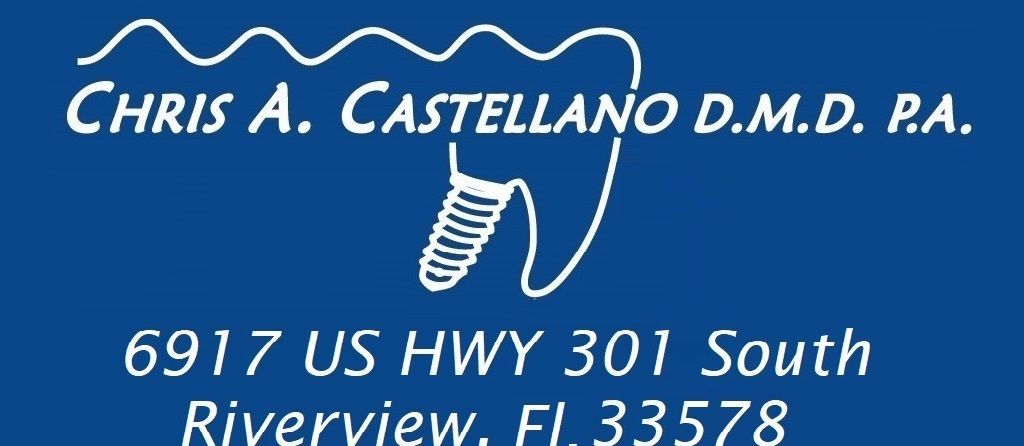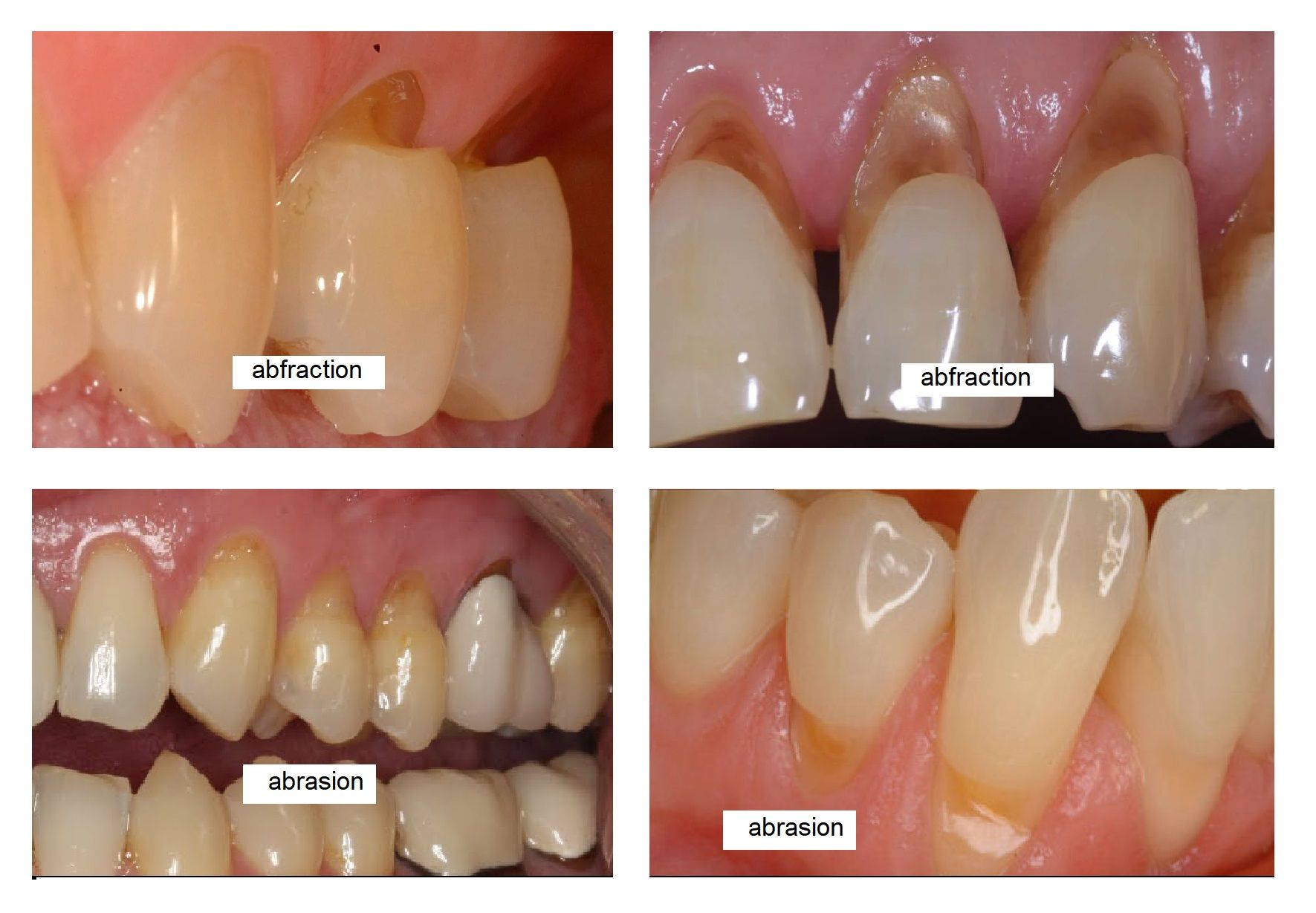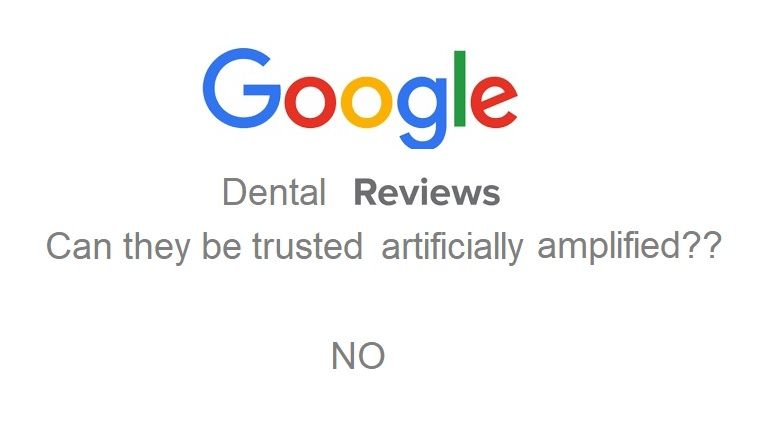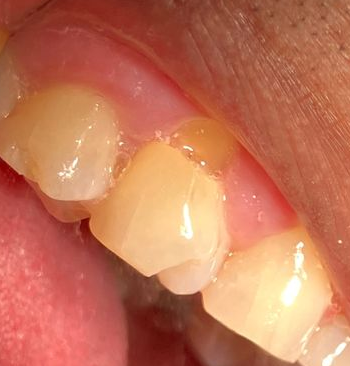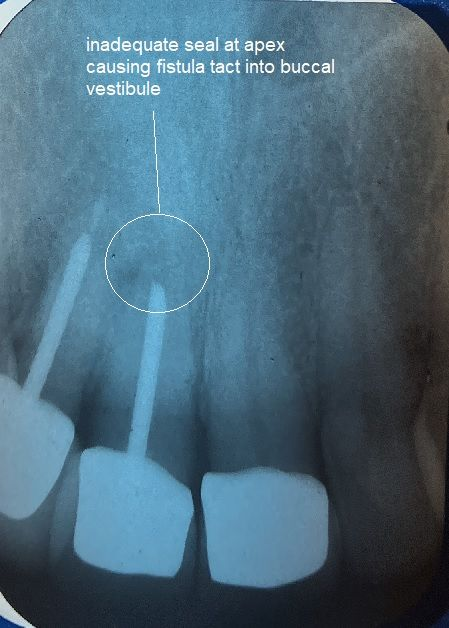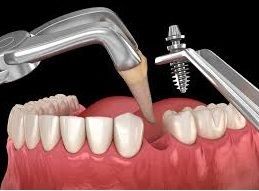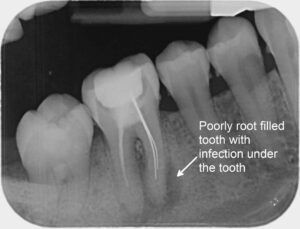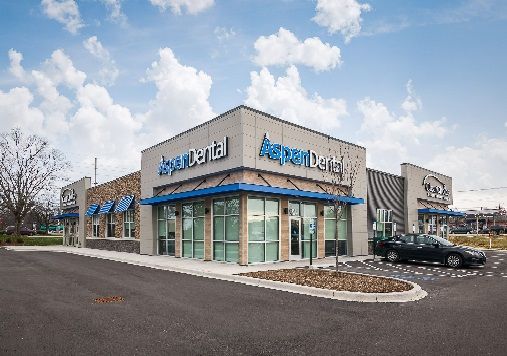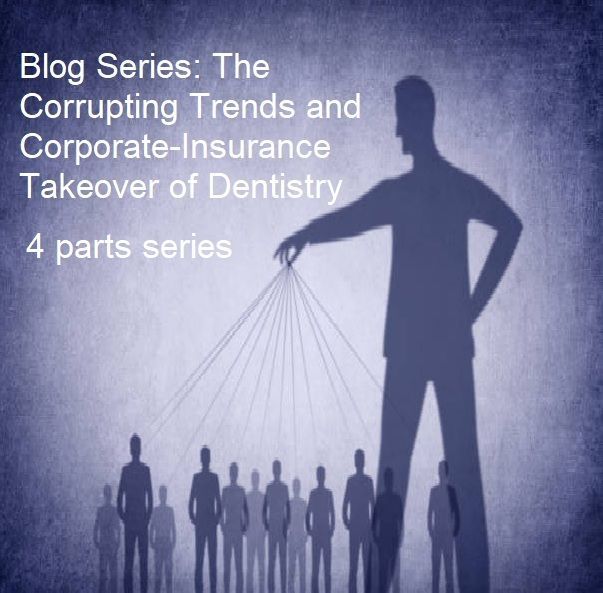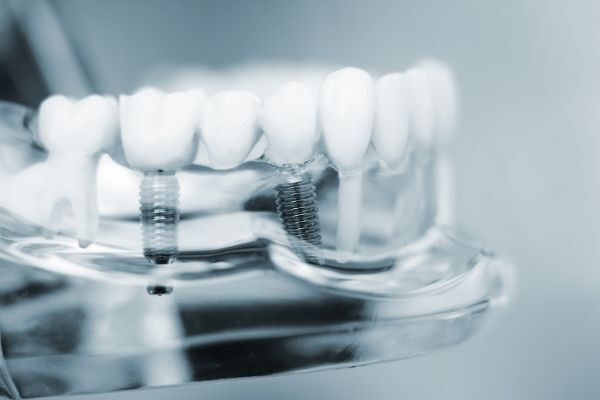
Every year, thousands of people choose to receive dental implant surgery. The procedure, which places artificial tooth roots that provide a base for replacement teeth, is popular among people with missing teeth, failing teeth, or chronic dental problems. If you think you need dental implant surgery, it’s important to schedule an appointment with someone qualified to perform the procedure. A wide variety of medical professionals specialize in teeth, so it’s not always easy to know who to visit. If you’re wondering who is best qualified to do dental implants, let’s go over the pros and cons of different providers.
Providers Who Can Place Dental Implants
General Dentist
Not all general dentists offer the procedure, but the list of ones who do is growing. A general dentist typically focuses on providing preventative care and handling basic restorations. Ideally, you should entrust your surgery to a dentist who has extensive knowledge about the procedure and has been performing it for years.
Cosmetic Dentist
The focus of a cosmetic dentist is the overall appearance of your teeth and smile. They’re more likely to recommend natural-looking implants over bridges, dentures, and other solutions. Some cosmetic dentists are skilled enough to place the implants themselves, but most of them enlist the help of an oral surgeon.
Periodontist
A periodontist knows how to treat the gums and jawbone. They’ve completed intensive schooling and training, making them a suitable option for performing dental implant procedures. If your general dentist doesn’t offer dental implant surgery or doesn’t have enough experience with the procedure, a periodontist might be a better fit.
Oral Surgeon
As the name implies, an oral surgeon is skilled in surgeries relating to the teeth, gums, and other parts of the mouth. Many patients require a bone graft before receiving dental implants. An oral surgeon can handle both matters effectively.
Who Should You Visit for Surgery?
Surgery is highly personal. The right choice for your procedure depends on multiple factors, including your personal comfort level and the provider’s knowledge and expertise. If you’re not comfortable visiting someone new, ask your existing care provider if they’re able to perform the procedure. If comfort isn’t an issue, choose the provider who is best qualified to do dental implants.
If you need a dental exam, treatment, or dental implants in Riverview, Florida, contact Dr. Castellano to learn more about our services or schedule an appointment. We provide high-quality care and can guarantee you’ll leave our office with a winning smile.
